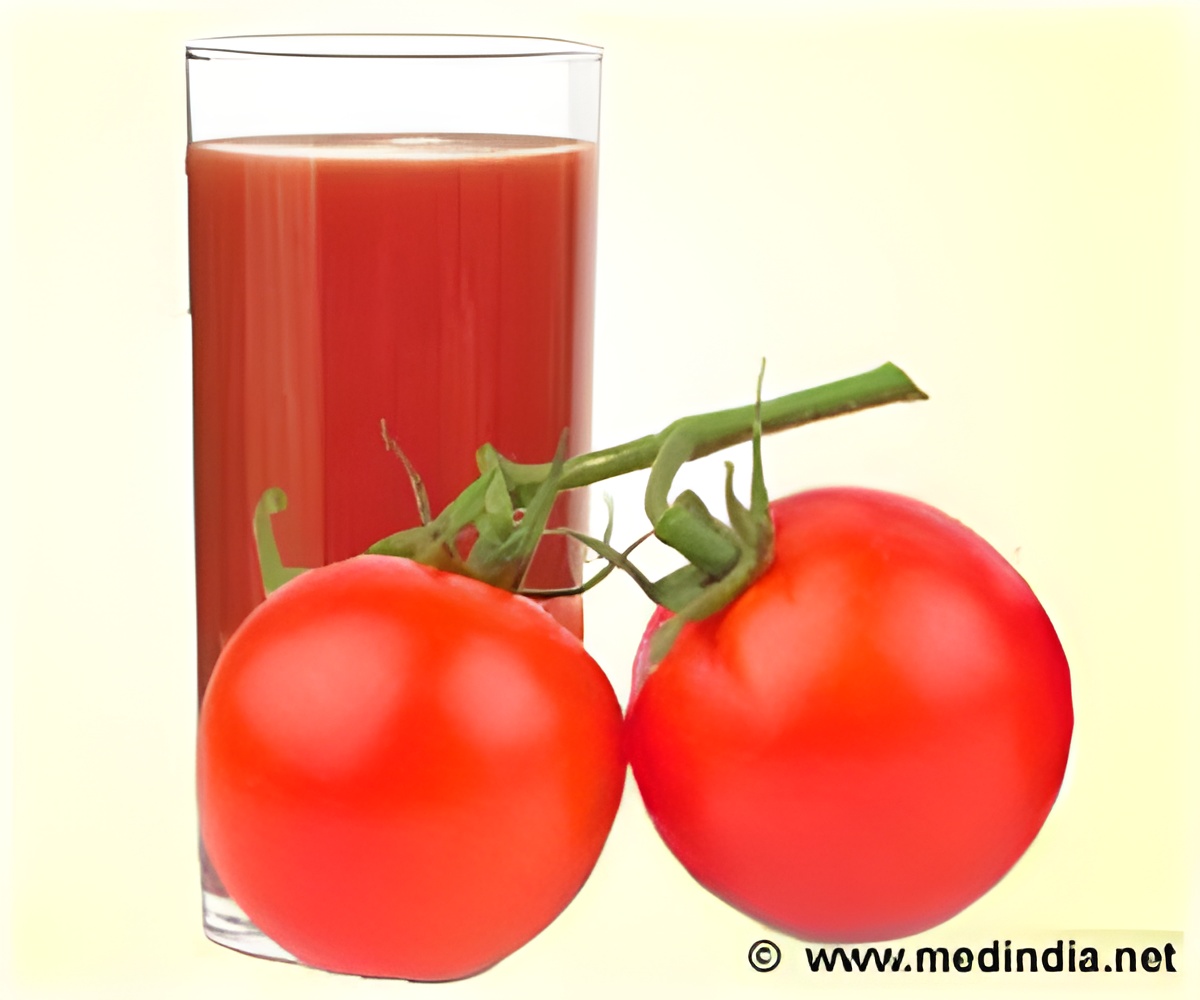
Tomato flavor depends on sugars, acids, and a host of less well-defined aroma volatiles (so named for the ease with which they vaporize, sending scent molecules into the air). Klee's team set out to define the chemicals that are most important to our fondness for one particular tomato or another.
First, they assembled chemical profiles of 278 tomato samples representing152 heirloom varieties, most of which were bred before the ubiquitous commercial tomatoes of today even existed. That effort turned up an unexpectedly large chemical diversity within the heirloom tomatoes—with variation in some volatile contents of as much as 3,000-fold across cultivars.
That diversity presented the researchers with an opportunity to really explore what makes consumers favor one tomato over another. They did a series of taste tests with a consumer panel using a subset of those heirlooms that represented the most chemical diversity. Panelists rated their overall liking of each variety as well as the overall tomato flavor intensity, sweetness, and sourness. Panelists also rated supermarket tomatoes in the same way.
A sophisticated statistical analysis of the chemistry and taste test results showed that flavor intensity traces to 12 different compounds and sweetness to another 12, including 8 that were also important for overall flavor.
Advertisement
The analysis also showed that some of the volatiles most abundantly present in tomatoes offer little in terms of our enjoyment of them in comparison to other and much more rare ingredients.
Advertisement
"Consumers care deeply about tomatoes," he says. "Their lack of flavor is a major focus of consumer dissatisfaction with modern agriculture. One could do worse than to be known as the person who helped fix flavor."
Source-Eurekalert







